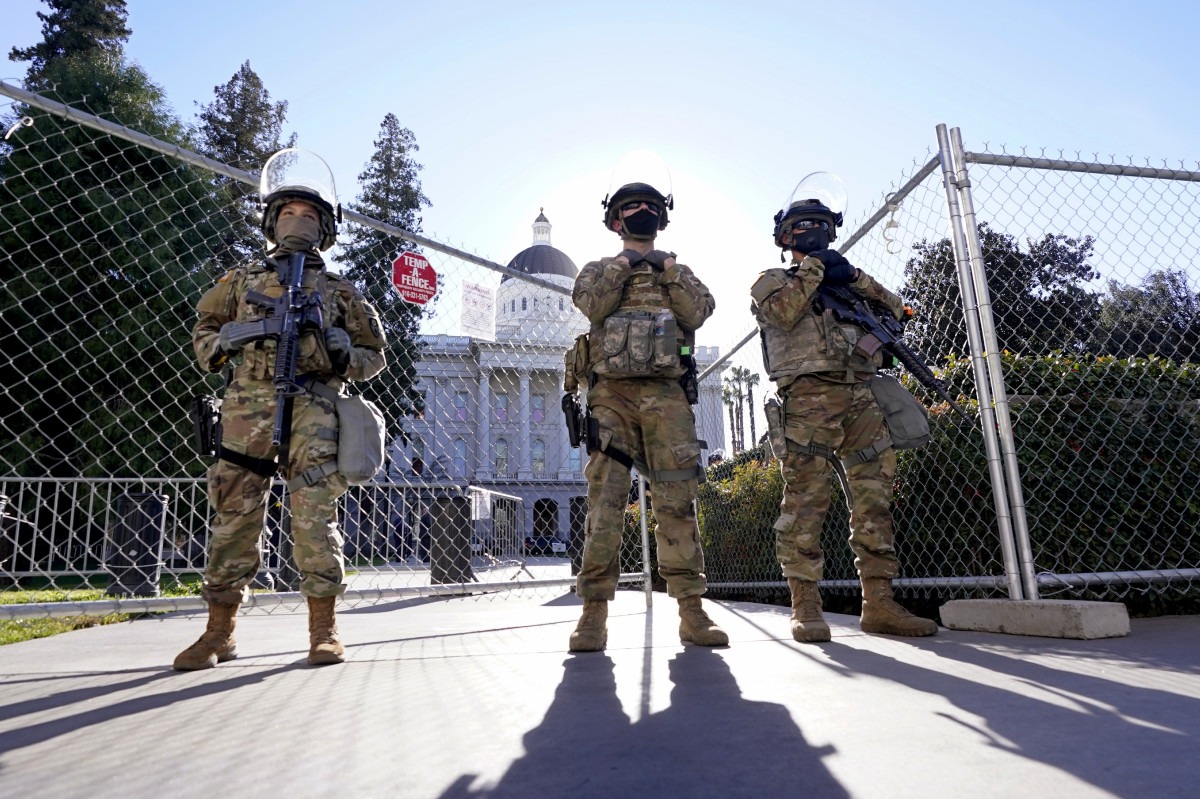In Sacramento, California, the unfolding legal battle features retired California National Guard Brigadier General Jeffrey Magram, who is taking legal action against the state, the National Guard, and key officials, including Governor Gavin Newsom.
Magram, seeking to clear his military record and obtain damages, alleges that he faced a pervasive atmosphere of antisemitism, particularly from Major General Matthew Beevers, Newsom’s appointee to lead the military department.
Magram contends that Beevers made antisemitic comments over a two-year span, leading him to file a complaint about the hostile environment with the governor’s office and the inspector general.

In response, Beevers purportedly retaliated by referring Magram to a disciplinary board, as outlined in the lawsuit filed on January 24 in Los Angeles County Superior Court.
Magram, emphasizing the severity of the situation, stated that Beevers orchestrated a defamatory campaign against him with the support of the Governor, and he aims to prevent such incidents from recurring.
The California Military Department swiftly refuted Magram’s allegations, dismissing them as a “retaliatory and baseless lawsuit.”
The Department highlighted Magram’s firing after an internal review, citing reasons such as improperly directing military personnel to perform personal tasks and having a subordinate complete part of his cybersecurity training. Additionally, Magram faced suspension and investigation by the U.S. Air Force Inspector General in 2021 following conduct-related complaints.
Magram contends that the internal review was instigated in response to his complaints about antisemitism, and he accuses Beevers of inappropriately interfering with the investigation.
The California Military Department, however, countered that Magram received a letter of admonishment for ethical violations and maltreatment of subordinates. This disciplinary action, the Department asserts, was upheld by a board of three senior officers with no ties to the underlying incidents.
In light of these developments, Magram seeks redress, including the clearing of his military record, $1.6 million in lost compensation, and unspecified punitive damages.
The California Military Department, along with Governor Newsom’s office, refrained from immediate comments on the ongoing lawsuit. The legal dispute underscores the complexity of the allegations and the broader issues of workplace conduct within the military, intertwining questions of ethics, retaliation, and claims of antisemitism.
As the case unfolds, it sheds light on the intricacies of military governance and the challenges posed by internal conflicts and allegations of misconduct.


